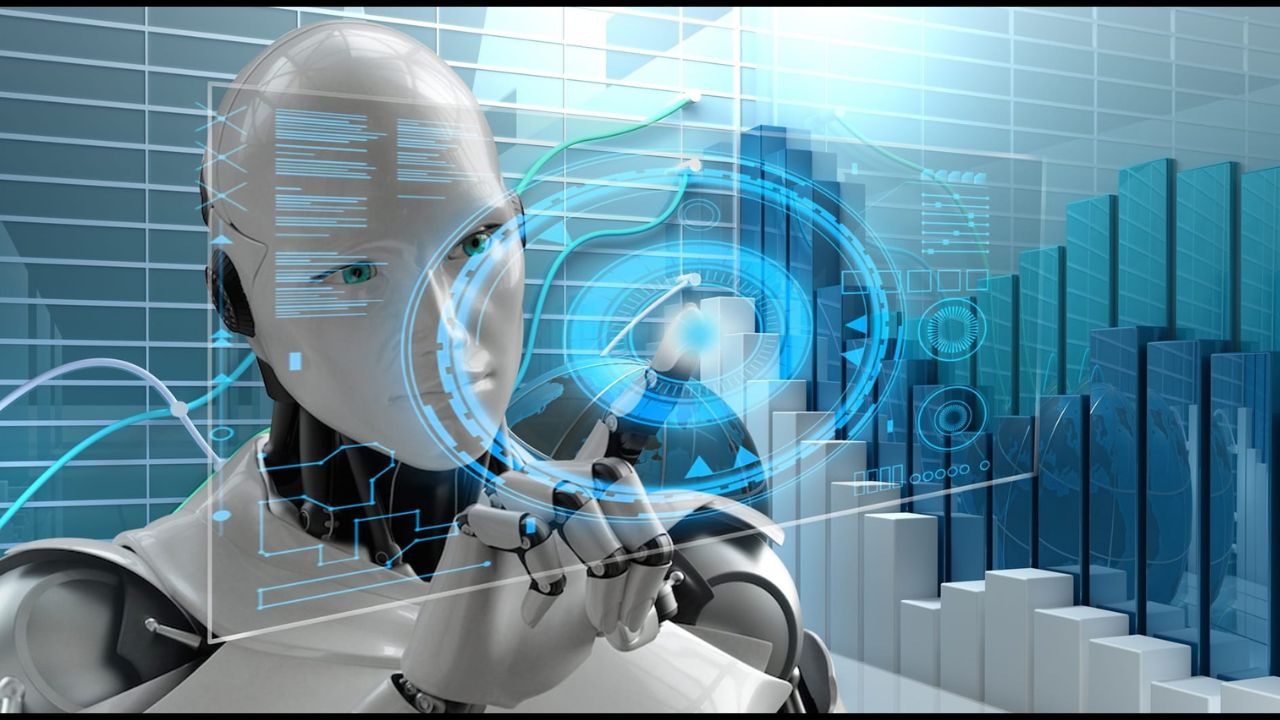Building the Future with AI’s Reliable Power: What will be the future of science?
When studies aren’t repeated, findings fall apart and people lose faith in them. Could this be a turning point in the way we understand science?

Building the Future with AI’s Reliable Power: Science is the main way we find new things and solve mysteries of the world, one experiment at a time. But lately, a gremlin called the reproducibility problem has snuck into the lab and messed up progress. When studies aren’t repeated, findings fall apart and people lose faith in them. Could this be a turning point in the way we understand science?
Building the Future with AI’s Reliable Power: What will be the future of science?
AI, the knight in golden armor, or at least the knight in silicon, has arrived. AI is being sold as a revolutionary tool that will speed up research, sort through huge amounts of data, and lead us to new and important findings. It’s important to ask, though, before we hand over the lab keys: can we trust AI to build a future with accurate results?
Let’s take a closer look at this science mystery. There are several people to blame for the reproducibility crisis, which is a problem in many areas. One is p-hacking, which is when data is changed to fit the results that are wanted. Another is confirmation bias, which happens when researchers favor data that backs up their hypotheses. And then there’s the sheer difficulty of modern experiments, where many factors and interactions are hidden.
Check Out: Macron’s Jaipur Visit to Uncover the Pink City’s Living Heritage
AI seems like it was made to deal with these problems. Its algorithms can sort through data with an amazing level of accuracy, finding secret patterns and connections that a person could miss. It can plan complicated experiments, make work flows more efficient, and even suggest new study directions. Imagine being able to run simulations a million times faster, analyze datasets that would make your computer cry, and plan experiments with more foresight than a person.
Hey, science cowboys, hold on tight. AI isn’t a magic wand. Yes, it’s a strong tool, but it does have some bugs and weak spots. AI algorithms can become biased because of the biases of the people who made them or the data they were taught on. It’s said that “garbage in, garbage out.” The “black box” problem is another issue. AI often makes amazing predictions, but it can be hard to figure out how it got there, which hurts trust and openness.
So, how do we get through this danger and build a science future that we can trust in this age of AI? Here are some rules to follow:
- Being open and able to be interpreted is very important. Scientists need to be able to understand how algorithms work and spot any possible flaws.
- For AI models to be reliable, they need to be trained on high-quality, varied, and well-annotated data.
- AI is a powerful tool, but it works best when used with people, not instead of them.
- Use AI to create tests that can be repeated easily and to analyze data automatically, which will ensure consistency and openness.
- To rebuild trust in scientific results, we need open communication, thorough checks, and active participation from the public.
There is no clear-cut choice between people and machines in the future of science. The best parts of both AI and human intelligence work together like a symphony to make a world full of breakthroughs, reliable results, and unshakable faith in the scientific method.
Check Out: High Alert Along Indo-Nepal Border Ahead of Republic Day
